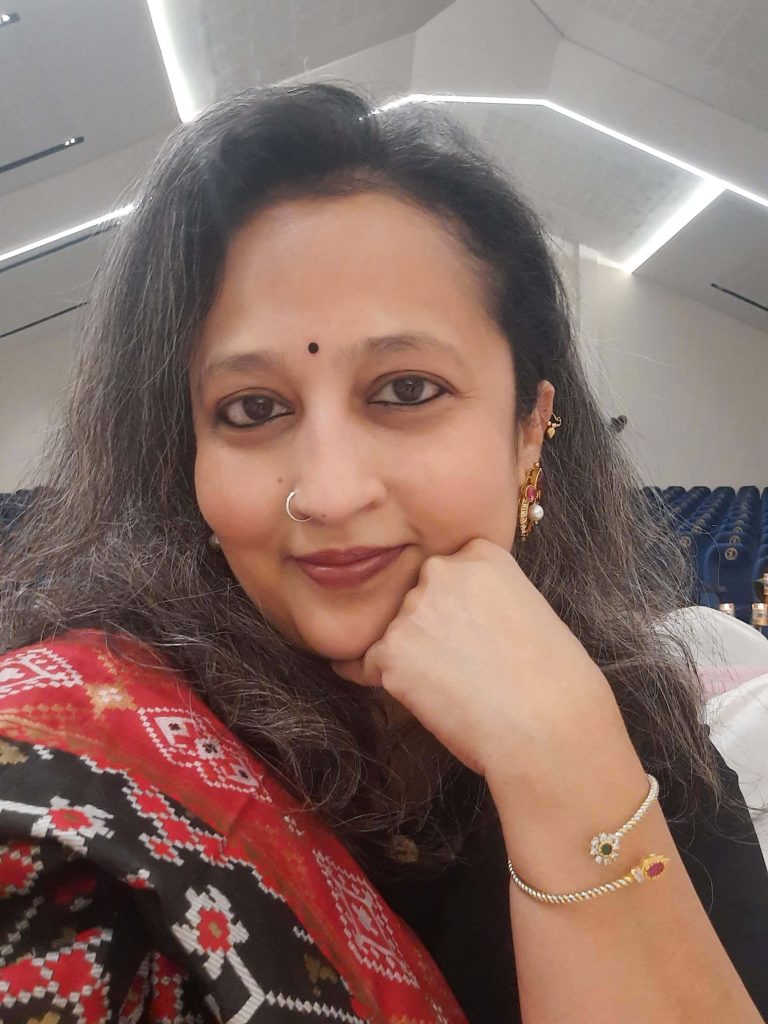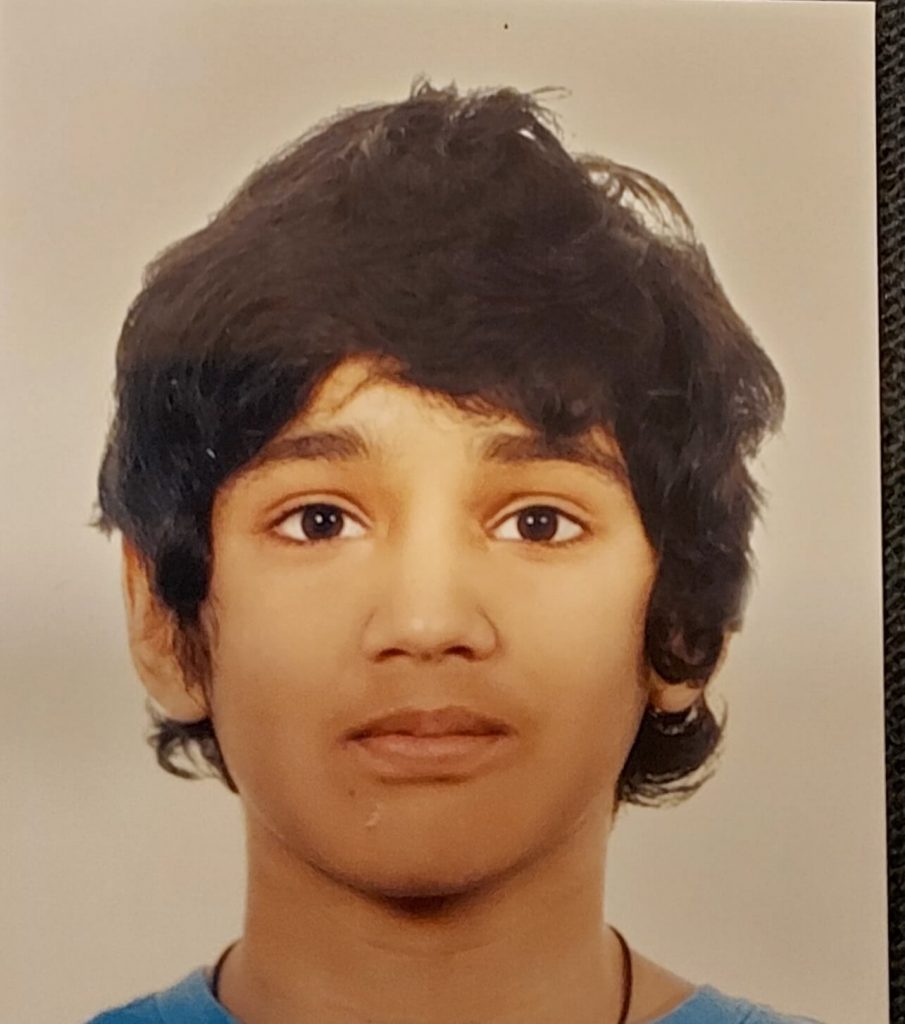Our Schools
Science is learnt by doing experiments and making observations. As a science teacher, taking students to the lab and getting them to try experiments gives me a feeling of immense accomplishment. The moment a lab session is announced, the students sit up straight, faces brighten and their questions keep pouring in. Students have ample opportunity to change variables in the experiment, observe changes and justify concepts. Labs have always been associated with fun, creativity, a safe place to make errors without being judged.
When the school moved to the online mode, there was this one nagging question on my mind – How are the students going to learn without doing experiments? How will I retain their interest without a physical lab? How do we compensate for the lab sessions? My mind at that time could be compared to the busiest crossroad in Bangalore–so Chaotic !!! So I started seeking answers to those questions and finding alternatives. Google gave a lot of options and so did our ELC team. We started to introduce simulations in our lesson plans and many DIY experiments during our science club sessions. I started planning with a lot of apprehensions, practised clicking on all options possible so that I would be ready with answers when children needed one. To my amazement, most of the students were able to navigate the simulations, interpret results and in fact I learnt a few shortcuts from them.

Online experiments in our class and club were all about using easily available ingredients and things from home. Students were challenged to design and execute experiments. Again, it was my turn to learn how wonderfully their mind worked… They impressed me with their amazing ideas such as an eco friendly table ( with newspaper that can hold the weight of a few books) or a comfortable shoe (again eco friendly). They also tried out the neutralisation reaction with turmeric, soap and lime.
Whether it was simulations or DIY experiments, the students were patient, curious, observant , helped each other and shared learnings.Isn’t that learning is all about? ”Lab” or “ no lab” did not determine the curiosity of our young learners. They were ready to accept challenges and work their way ahead.At that point I realised that Science is not just doing great successful experiments in the lab but is part of everyday life. Real science develops skills, ability, not just knowledge. And it’s time that we as educators adapt to change and accept different virtual approaches with an open mind. As hard as we try to maintain predictable routines, unforeseen circumstances lead us to face change whether we’re ready for it or not.”The only thing in life that is certain is change.” Isn’t that the truth? So we need to be ready to learn and evolve and the best part is that I learnt it from my students.

Aarthi V B
Teacher (Science/ Biology)
Grades – 7 -10 (ICSE/IGCSE)
Ekya- JPN
#EventsAtEkya: Harvest Festival of India, Virtual Assembly by Early Years, E-ITPL
Marking the festive month of the year, the students of Early years, Ekya ITPL participated in the virtual assembly showcasing the Harvest festivals of India, thanking nature for the bounty it offers in the form of new crops. The celebrations had made our bonds stronger and gave us an opportunity to understand the importance of togetherness.
#TeacherBlogger: How to have an effective parent-teacher interaction by Ms. Sreepriya Unnikrishnan, EJPN
Getting the most out of a parent-teacher interaction
“Education is a shared commitment between dedicated teachers, motivated students and enthusiastic parents with high expectations” - Bob Beauprez
I resonate with this thought and believe that unless and until we educators and parents have a strong partnership with each other, we will not be able to achieve our goal. Our goal is the same - ‘We want to support our children to reach their full potential. This requires a shared commitment and a shared sense of purpose. Our children bridge the gap between us and the parents and thus complete this school-home partnership.

A healthy and positive relationship between the school and parents is imperative not only for the child’s holistic development but it is equally essential for school development. The teaching faculty form the face of the school and what better instrument can there be to foster and nurture this relationship between the home and the school.
A Parent-Teacher Meeting is a great opportunity to initiate this relationship and get it going. The communication between the teacher and parent determines the extent and quality of involvement of the parents in the child’s learning. A two-way communication kept going always helps the teacher and the parent in understanding the child and collaborate in all the efforts taken by both sides to bring out the best in him or her. Thus, a good parent-teacher interaction helps the parent understand where their child stands in both academics and behavioral aspects. They get an opportunity to understand the reasons as to why things are not going the way they are supposed to and collaborate with teachers in arriving at possible solutions. This leads to parents and teachers starting to work as a team or a family to help children achieve and succeed in life.
The student is at the core of everything we do as Educators. The child is the bridge between the school and home. Everyday interactions with parents are great opportunities for us to know what the students have been saying about the school at home and we get to understand what the parents think and feel about what we do. Without such a communication channel both parents and the school will stay totally disconnected.
At Ekya, we are very fortunate to have a very supportive parent body that never fails to appreciate our endeavors and at the same time provides constructive feedback if there are any shortcomings. Feedback always provides us scope for self-reflection, retrospection, and strategizing for improvement. Timely intervention is done and action is taken taking into consideration the feedback from the parents and that aspect has helped us ensure that we provide a safe and healthy learning environment for our students. Thus, good feedback is what we look forward to keeping this relationship between us and the home going. It requires listening to others and getting their inputs with an open mind. And this simple technique does help in fostering and nurturing this beautiful relationship between parents and us.
By Ms. Sreepriya Unnikrishnan, Head of School, EJPN










Leave a Reply to Uma Balasubramanyan Cancel reply